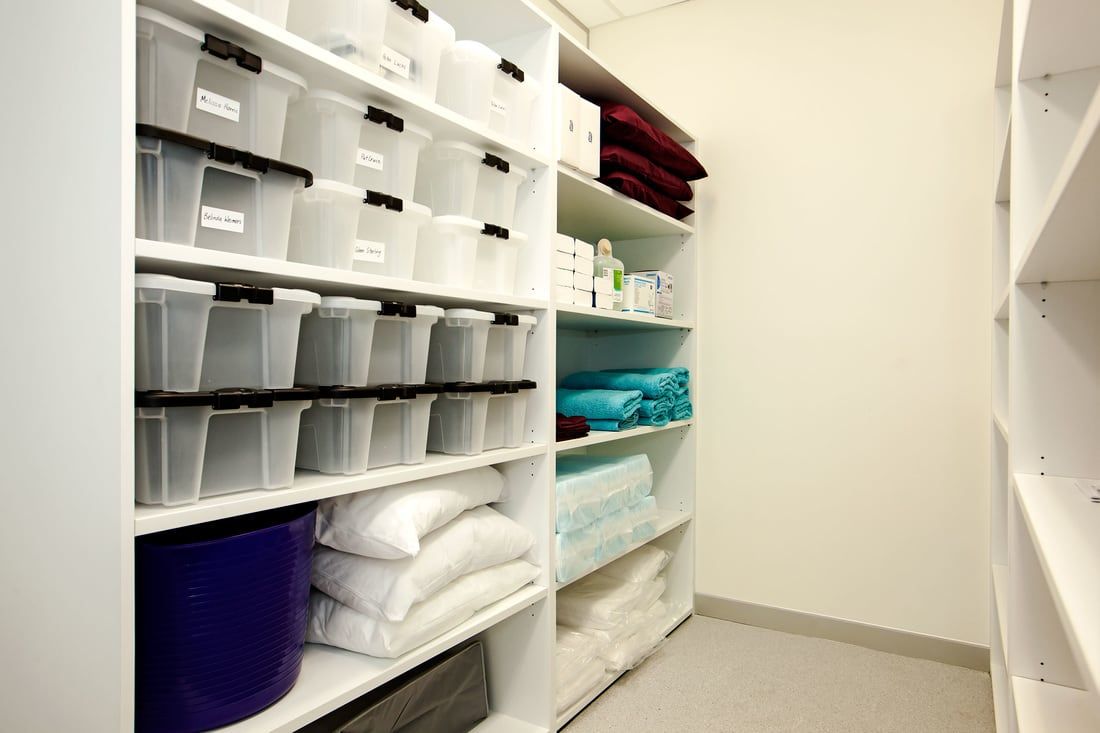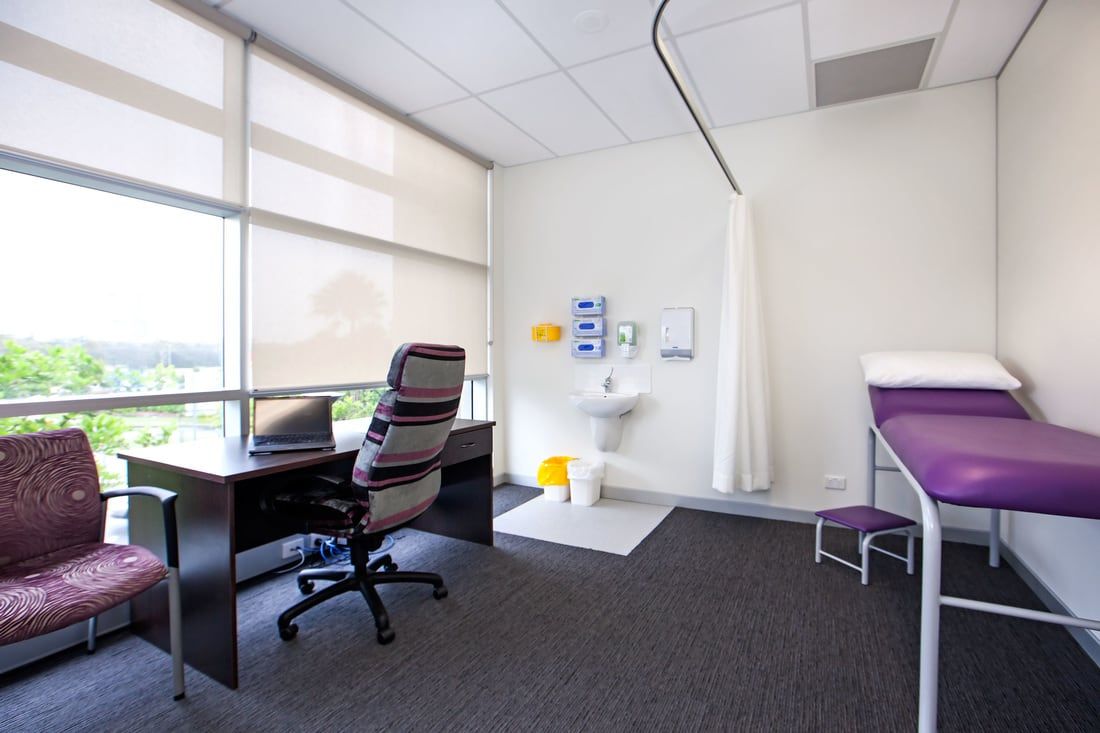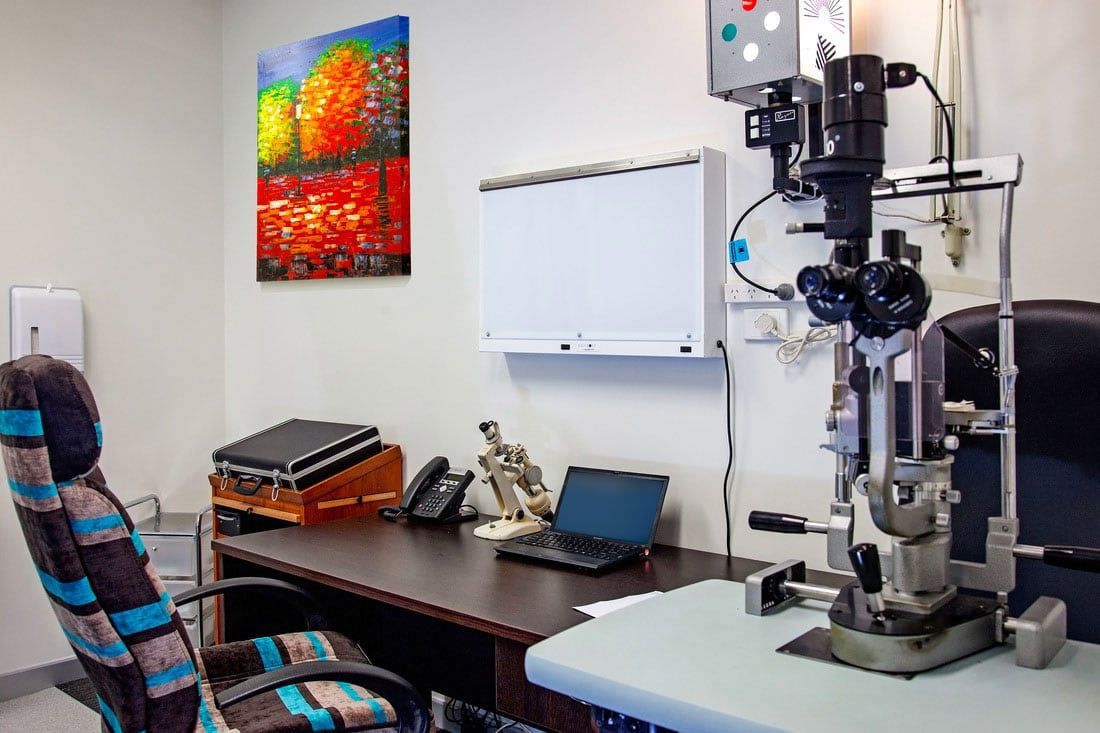The Importance of a Efficient Medical Administration Team
The Importance of an Efficient Medical Administration Team
In the bustling environment of healthcare, the medical administration team often operates behind the scenes, ensuring the smooth functioning of hospitals, clinics, and other medical facilities. While doctors, nurses, and other healthcare professionals provide essential medical care, the medical administration team plays a pivotal role in maintaining the organisational and operational efficiency that allows for optimal patient care. Here's why a good medical administration team is indispensable.
1. Streamlining Operations
A well-organised medical administration team is the backbone of any healthcare facility. They handle the myriad of day-to-day operations that keep the facility running smoothly. From scheduling appointments to managing patient records, their work ensures that healthcare professionals can focus on what they do best: providing care. Efficient administrative processes reduce wait times, enhance patient satisfaction, and ensure that the facility operates at maximum efficiency.
2. Ensuring Compliance and Regulation Adherence
Healthcare is one of the most regulated industries. Compliance with federal and state regulations, including HIPAA (Health Insurance Portability and Accountability Act), is critical to avoid legal issues and ensure patient privacy and safety. The medical administration team is responsible for staying up-to-date with these regulations and implementing necessary changes. Their vigilance in maintaining compliance protects the facility from potential legal ramifications and builds trust with patients.
3. Enhancing Patient Experience
A positive patient experience goes beyond quality medical care. It encompasses everything from the ease of scheduling an appointment to the friendliness of the staff at the front desk. A good medical administration team ensures that every interaction a patient has with the facility is positive and stress-free. They manage patient flow, handle billing inquiries, and address concerns, all of which contribute to a more comfortable and satisfactory patient experience.
4. Managing Financial Health
The financial stability of a healthcare facility is crucial for its sustainability and ability to invest in better resources and technologies. The medical administration team manages billing, coding, and collections, ensuring that the facility receives timely and accurate payments. They also handle insurance claims and reimbursements, working to minimise errors that could delay payments. By efficiently managing the facility's finances, they help ensure that it remains solvent and can continue to provide high-quality care.
5. Supporting Medical Staff
Medical professionals rely heavily on the support of a competent administration team. Administrative staff handle the coordination of schedules, the management of medical records, and the facilitation of communication between different departments. This support allows doctors and nurses to concentrate on patient care without being bogged down by administrative tasks. A strong administration team fosters a collaborative environment where medical staff can thrive and provide the best care possible.
6. Adapting to Technological Advancements
The healthcare industry is rapidly evolving with advancements in technology. Electronic Health Records (EHR), telemedicine, and other digital tools have become integral parts of modern healthcare. A proficient medical administration team is adept at implementing and managing these technologies, ensuring that the facility stays current with industry standards. They train staff on new systems, troubleshoot issues, and continuously seek ways to leverage technology to improve efficiency and patient care.
7. Crisis Management
In times of crisis, such as the COVID-19 pandemic, the role of the medical administration team becomes even more critical. They are responsible for developing and implementing emergency protocols, managing resources, and ensuring that the facility can continue to operate under challenging conditions. Their ability to adapt quickly and effectively manage crises is vital to the resilience of the healthcare facility.
Conclusion
The importance of a good medical administration team cannot be overstated. They are the unsung heroes who ensure that healthcare facilities operate smoothly, comply with regulations, provide excellent patient experiences, maintain financial health, support medical staff, embrace technological advancements, and manage crises effectively. By performing these crucial functions, they enable healthcare professionals to focus on what truly matters: delivering high-quality patient care. Investing in a skilled and efficient medical administration team is, therefore, an investment in the overall success and sustainability of any healthcare facility.
Read more articles








